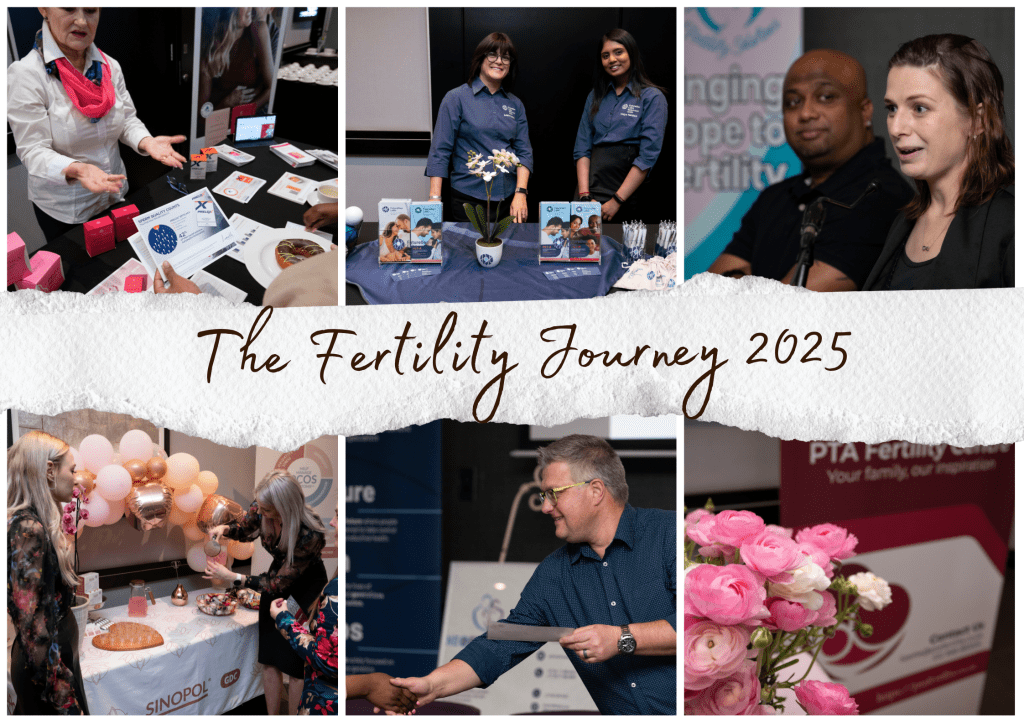The general guideline for how long to try to conceive before seeking infertility help is often referred to as the “fertility evaluation timeline.” It can vary depending on factors such as age, overall health, and any known fertility issues. Here is a rough outline:
- For individuals/couples under 35 years old: It is generally recommended to try to conceive naturally for at least 12 months before seeking infertility help. About 80-90% of couples in this age group will achieve pregnancy within the first year of trying.
- For individuals/couples over 35 years old: If you are over 35, it is advised to seek fertility evaluation after trying to conceive for about 6 months. Fertility declines with age, and the chances of conceiving decrease significantly after age 35.
- For individuals/couples with known fertility issues: If you are aware of specific fertility issues, it is advisable to seek help from a reproductive specialist as soon as possible. Examples of known fertility issues include irregular menstrual cycles, endometriosis, polycystic ovary syndrome (PCOS), previous history of pelvic inflammatory disease (PID), or a history of male factor infertility.
However, it’s essential to remember that these timelines are not set in stone, and every person’s situation is unique. If you have concerns about your fertility or are facing difficulties in conceiving, don’t hesitate to consult a healthcare provider or a fertility specialist. They can evaluate your specific case, offer personalized advice, and conduct appropriate tests to identify any potential underlying fertility issues. Early intervention can significantly improve the chances of successful treatment or conception.
Here are some other factors that may affect how long it takes you to conceive:
- Your overall health: If you have any chronic health conditions, such as polycystic ovary syndrome (PCOS) or thyroid problems, these can affect your fertility.
- Your partner’s health: If your partner has any fertility issues, this can also affect your chances of conceiving.
- Your lifestyle: Smoking, drinking alcohol, and using drugs can all affect your fertility.
If you’re concerned about your fertility, there are a few things you can do to improve your chances of conceiving:
- See your doctor: Your fertility specialist can run tests to assess your fertility and rule out any underlying health conditions.
- Make lifestyle changes: If you smoke, quit. If you drink alcohol, limit your intake. And if you’re using drugs, stop.
- Track your cycle: Knowing when you’re ovulating can help you time intercourse for the best chances of conception.
- Take supplements: There are a number of supplements that can boost fertility, such as folic acid, vitamin D, and CoQ10.






